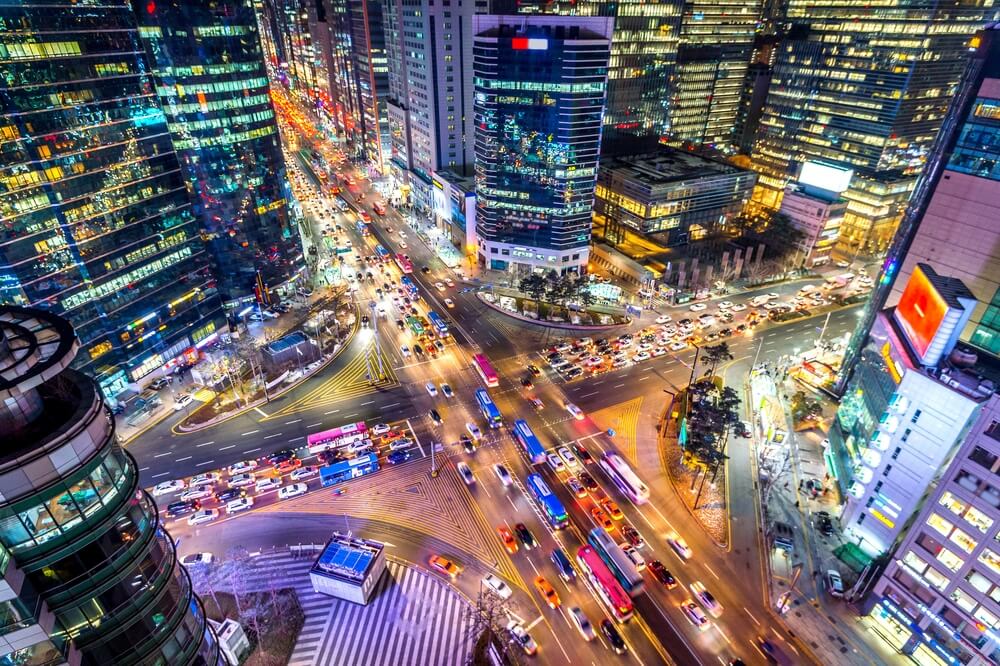
Urea shortage threatens South Korea’s transport
South Korea will send a military oil tanker to Australia to deliver 27,000 liters of urea solution. During a severe shortage that threatened to halt commercial transportation and industries reduced diesel vehicles and factories emissions.
The government requires approximately two million diesel vehicles, mostly cargo trucks, to use the additive.
Between January and September, China supplied nearly 97 percent of South Korea’s urea imports. According to an official from one of South Korea’s significant refiners, the shortage threatens to halt delivery trucks carrying gasoline and other fuels to local gas stations.
Suppose gas stations do not receive an adequate amount of fuel. It can raise logistical costs across almost all industries, ultimately burdening consumers with price increases on everyday consumer goods.
However, the shortage may significantly impact South Korea’s industrial sector, requiring urea to reduce pollution or cease production. According to the environment ministry, 34.7 percent of the 835,000 tonnes of urea imported in 2020 was for industrial use. 9.8 percent was for cars, and the rest used to make agricultural fertilizers.
Since mid-October, the inability to import urea material from China has decreased the operation rate of its urea solution production line in South Korea.
Automakers worried
If the urea shortage persists, the auto industry will find it difficult to obtain parts from suppliers already dealing with a semiconductor shortage and raw material price increases.
President Moon Jae-in attempted to assuage public concern on Tuesday. He told a cabinet meeting that there was no need for “excessive concern” and assistance was on its way.
In a parliamentary committee meeting on Tuesday, Defence Minister Suh Wook stated that the military intends to loan out roughly half of its stockpile of 445 tonnes of automotive urea solutions to civilians. This week, South Korea received 200 tonnes of mass urea from Vietnam. Moreover, it is in talks with other countries about obtaining up to 10,000 tonnes, enough to produce approximately 30,000 tonnes of diesel exhaust fluid. Moreover, in 2015, South Korea made urea solutions mandatory for diesel vehicles, affecting 40% of registered vehicles.
Since 2015, diesel vehicles must equipped with so-called selective catalytic reduction systems. It necessitates the injection of urea solutions to assist in the removal of nitrogen oxide from diesel exhaust, which causes air pollution.
Passenger cars and trucks cannot start without the urea solution. Moreover, trucks can only travel at 20 km. Therefore this prompts desperate drivers to rig their vehicles or use urea emulators to fool the SCR system.
-
Support
-
Platform
-
Spread
-
Trading Instrument




